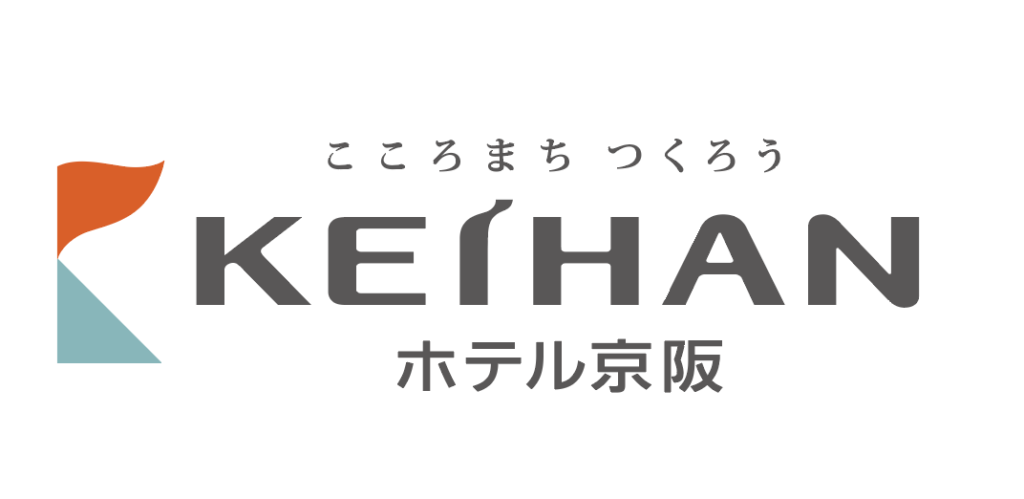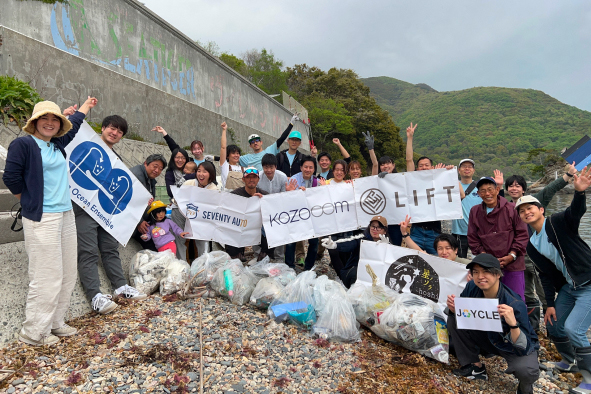
The issue of marine debris that the entire world must address
Marine debris negatively impacts not only marine ecosystems but also industries such as fisheries and tourism, as well as human health.


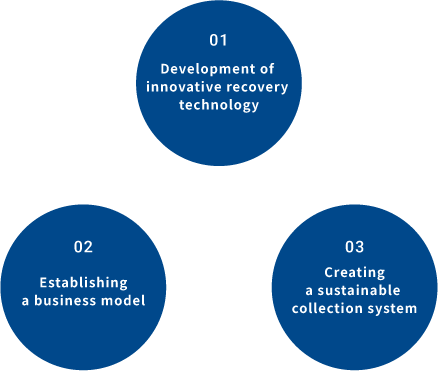
Towards a World with Zero Marine Debris
To achieve long-term and sustainable use of marine resources, efforts are being made to develop innovative recovery technologies, establish business models, and create sustainable collection systems aimed at reducing marine debris.
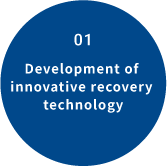
Recovering marine debris left behind on the sea surface, seabed, and in rivers
Using low-cost recovery devices made from easily accessible materials like fishing nets and floats, we efficiently collect hard-to-retrieve marine debris from oceans, rivers, and the seabed. This contributes to environmental improvement in a sustainable way.
About marine debris collection
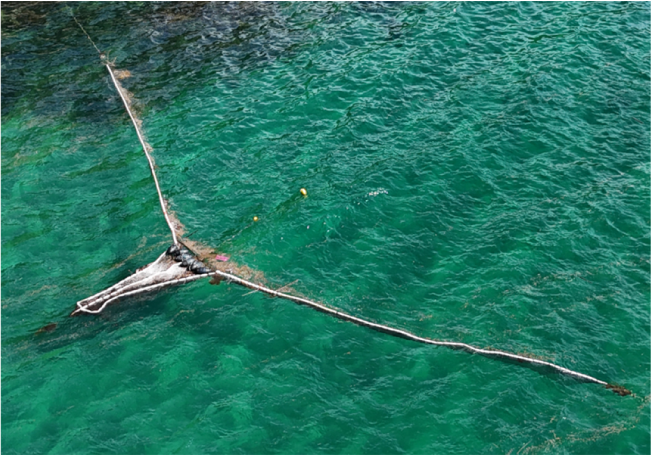

Visualizing marine debris collection activities to maximize their impact
Visualizing global marine debris collection data on a map to share the outcomes of these activities. This approach encourages support from businesses and individuals, enabling the collection of more marine debris and promoting its recycling and resource recovery.
About Marine debris MAP
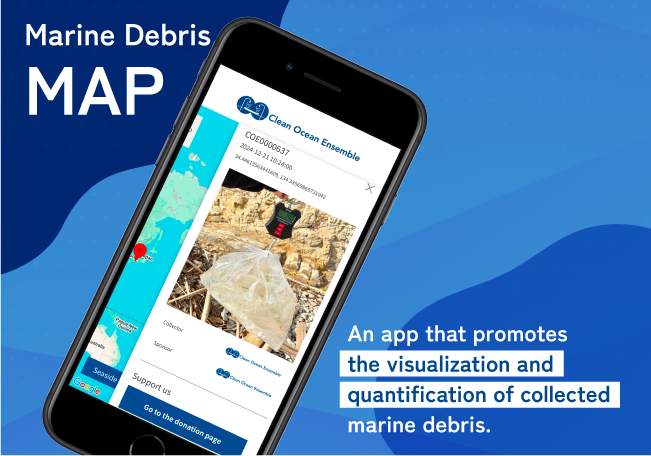
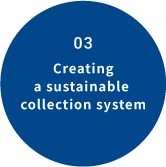
Recycling marine debris and returning it to the resource circulation loop
Sorting and processing the collected marine debris to regenerate it as reusable resources. By collaborating with companies and creators, trash is transformed into new products and materials to promote a sustainable circular economy.
About Recycling



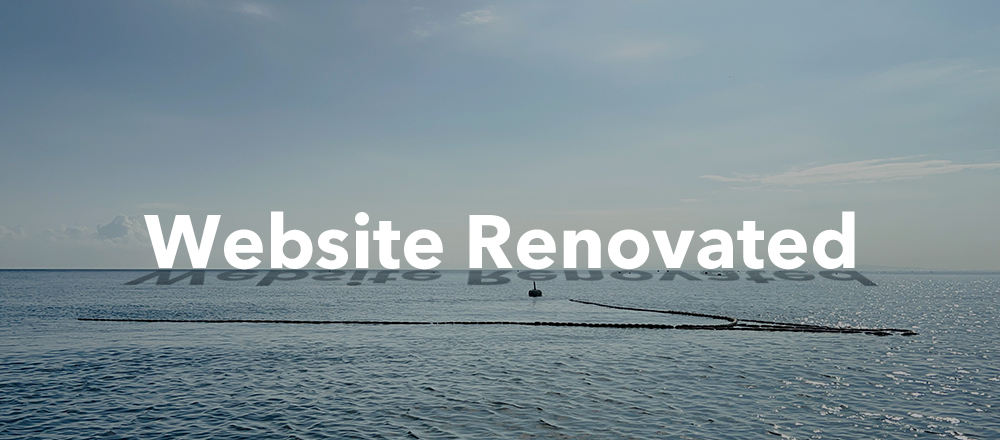


.png)


